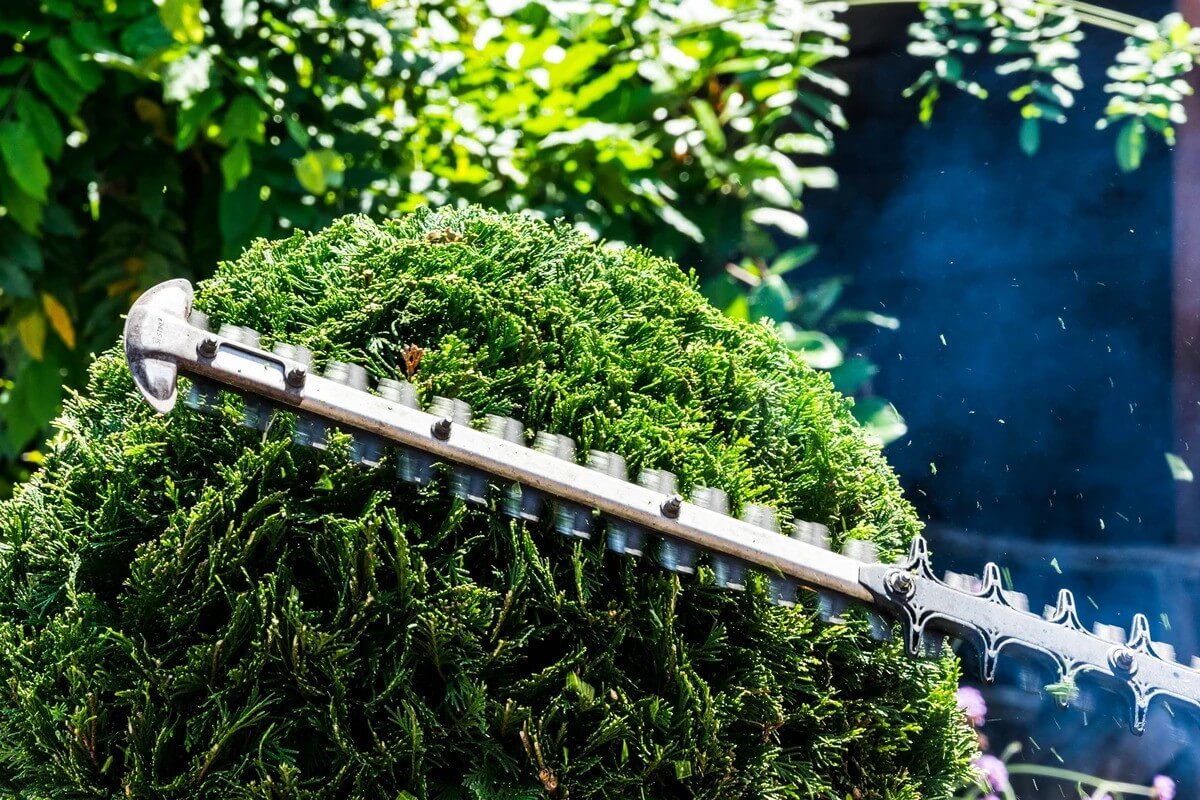Address
304 North Cardinal St.
Dorchester Center, MA 02124
Work Hours
Monday to Friday: 7AM - 7PM
Weekend: 10AM - 5PM
Address
304 North Cardinal St.
Dorchester Center, MA 02124
Work Hours
Monday to Friday: 7AM - 7PM
Weekend: 10AM - 5PM

When it comes to maintaining a beautiful garden, hedge trimming plays a crucial role. Not only does it enhance the aesthetic appeal of your landscape, but it also contributes to the health and growth of your shrubs. However, the cost of hedge trimming can vary widely, which is why it’s essential to understand the factors that influence these prices and how to budget effectively. Let’s delve into the nitty-gritty of hedge trimming costs and the benefits of a well-maintained landscape.
The cost of hedge trimming can be influenced by several factors. Firstly, the size of your hedge plays a significant role—larger hedges require more time, effort, and equipment to trim, leading to higher costs.
Secondly, the type of hedge matters. Some species have thicker branches that are more challenging to cut, necessitating specialised equipment or techniques. Additionally, the complexity of the job, such as the height of the hedge and accessibility of the area, can affect pricing. If a hedge is on a slope or in a hard-to-reach location, this can increase the time and difficulty involved, thus raising the overall cost.
Typically, the average cost for hiring a professional hedge trimmer in the UK ranges from £40 to £100 per hour, depending on the factors mentioned earlier. For a standard job, you might expect to pay between £50 and £250 for an entire session, but always obtain a detailed quote to clarify any specifics. It’s also worth noting that many professionals offer package deals, especially during peak seasons, which can be a great way to save money.
In contrast, if you’re considering a one-time trim for a small hedge, you may only need to spend around £30 to £60. Understanding these price ranges can help you determine what fits your budget.

Regular hedge maintenance not only enhances the appearance of your landscape but also promotes healthier growth. Proper trimming encourages new growth and prevents diseases caused by overgrown or improperly cared-for hedges. A well-manicured hedge can set the tone for your entire garden, creating a harmonious and polished environment.
Furthermore, consistent maintenance can save you money in the long run. Neglecting hedges can lead to significantly larger jobs down the line, which will require more time and potentially more expense to rectify. By keeping on top of trimming, you reduce the chances of needing drastic interventions in the future.
Neglecting hedge care can result in a number of problems. Overgrown hedges can obstruct views, hinder access to pathways, and even create hazards if branches pose a risk to pedestrians or vehicles. Beyond aesthetics, unhealthy hedges can attract pests or diseases, which might spread to other plants in your garden.
Ignoring your hedges could also lead to costly removals if they become unmanageable. Therefore, investing in regular maintenance is not just about beauty; it’s a vital part of garden care.
When budgeting for hedge trimming, it’s essential to plan ahead. Start by assessing which hedges require regular maintenance and how often they need trimming. If you have several hedges, consider consolidating trimming sessions to save on costs.
Break down your landscape expenses into categories: maintenance, planting, and seasonal enhancements. Allocate a specific percentage of your budget to hedge trimming based on the quotes you’ve received. This way, you can avoid unexpected financial strain when it comes time for the professionals to do their work.
One effective way to save on hedge trimming costs is to consider the timing of the service. Many professionals offer discounts during off-peak seasons. Therefore, it pays to be a little strategic about when you schedule your trimming.

Many homeowners contemplate whether to tackle hedge trimming themselves or hire a professional. DIY trimming offers potential cost savings and a sense of personal satisfaction. You can choose your preferred timing, and it gives you the flexibility to go at your own pace.
However, DIY also comes with its challenges. Risk factors include injuries from using sharp equipment and possibly uneven cuts if you’re inexperienced. Moreover, you may need to invest in high-quality tools, which could offset any savings gained from skipping the professional service.
If you have high or dense hedges, or if you lack the time or equipment to do an efficient job, it’s best to hire a professional. Professionals are trained to handle various hedge types and heights safely. They also bring the right tools to ensure a clean, even cut.
Ultimately, the decision between DIY and hiring a professional should factor in your personal comfort level, the importance of precision in your landscape, and your overall budget.
Maintaining your hedges doesn’t just pertain to aesthetics; it can also have environmental implications. Sustainable hedge trimming involves using eco-friendly equipment, such as electric or battery-powered tools to minimise noise and air pollution.
Additionally, consider landscaping practices like composting clippings rather than disposing of them. They can be recycled back into your garden, thus enhancing soil health and reducing landfill waste.
Hedges are not merely decorative; they provide essential habitats for local wildlife. Properly maintained hedges offer shelter and nesting areas for birds and small mammals, enhancing biodiversity in your area. Therefore, as you plan for hedge trimming, remember the crucial role these plants play in the ecosystem.
By applying sustainable practices, you can contribute to a healthier environment while enjoying the benefits of a beautifully trimmed hedge.
More to read – Tree Stump Grinding: Restoring Your Yard’s Aesthetics